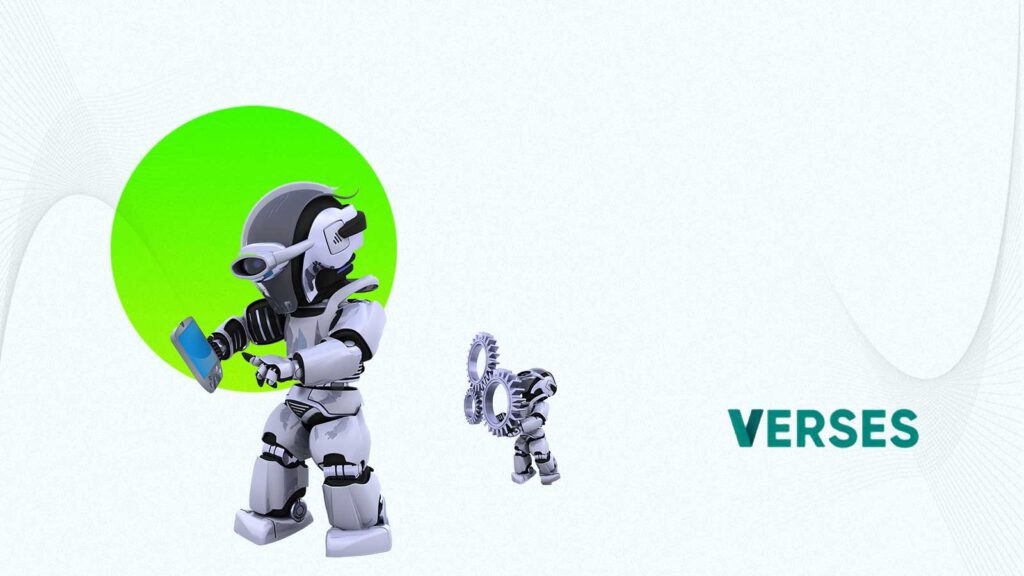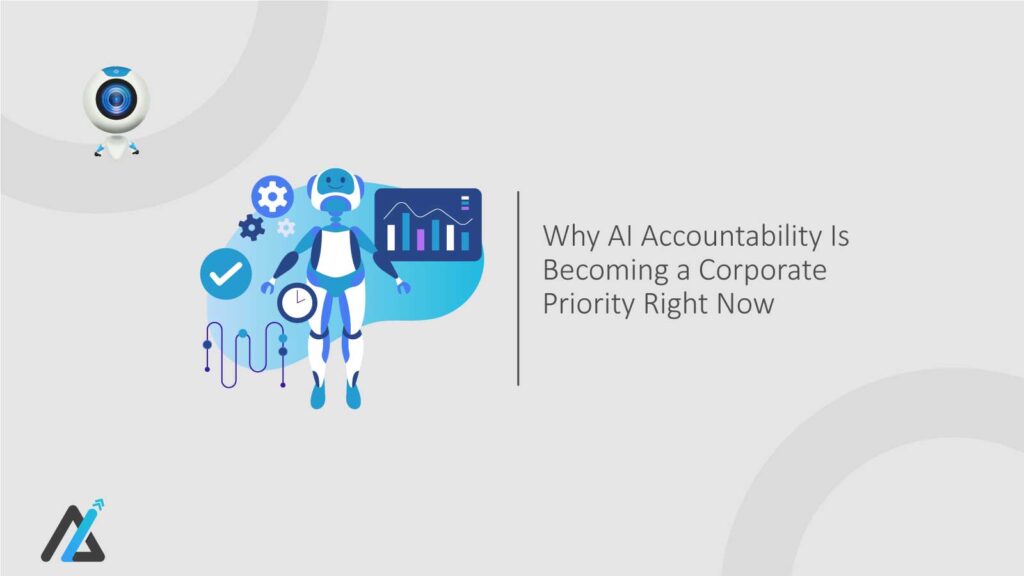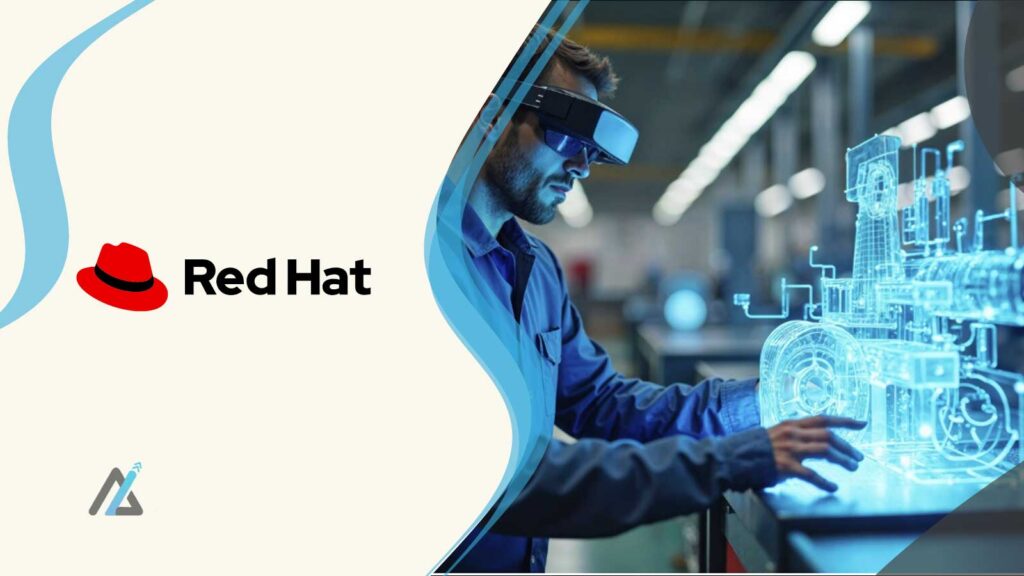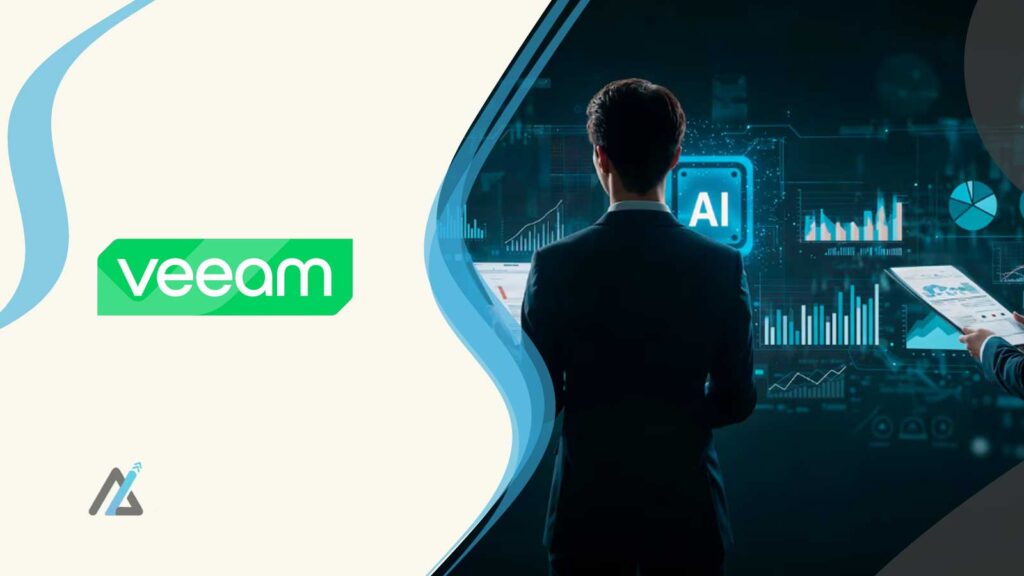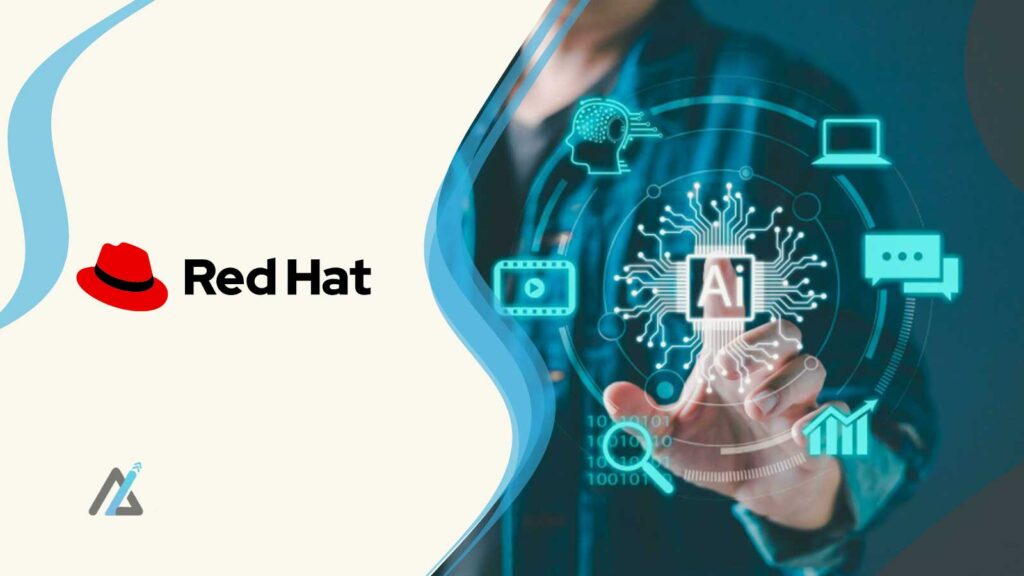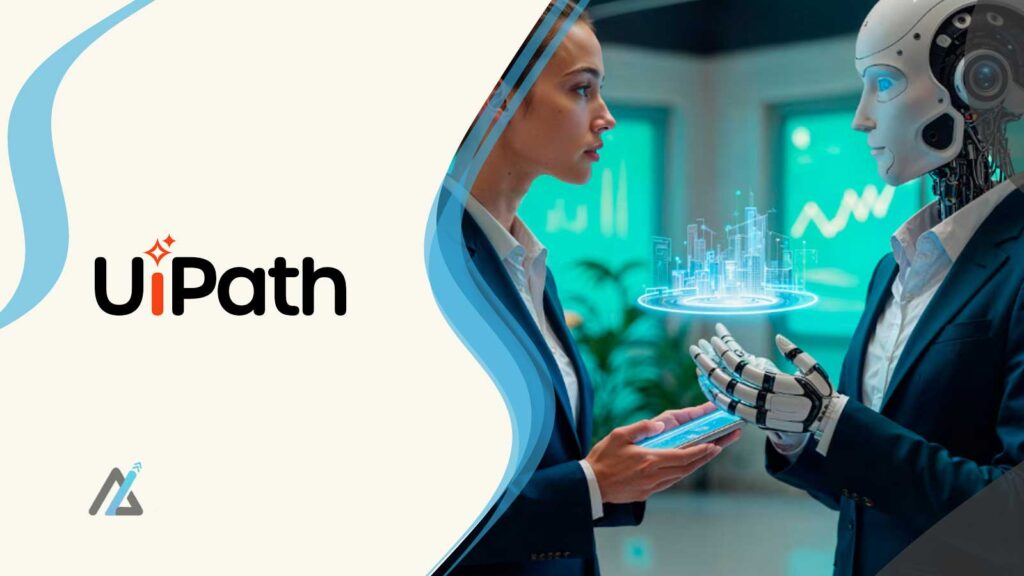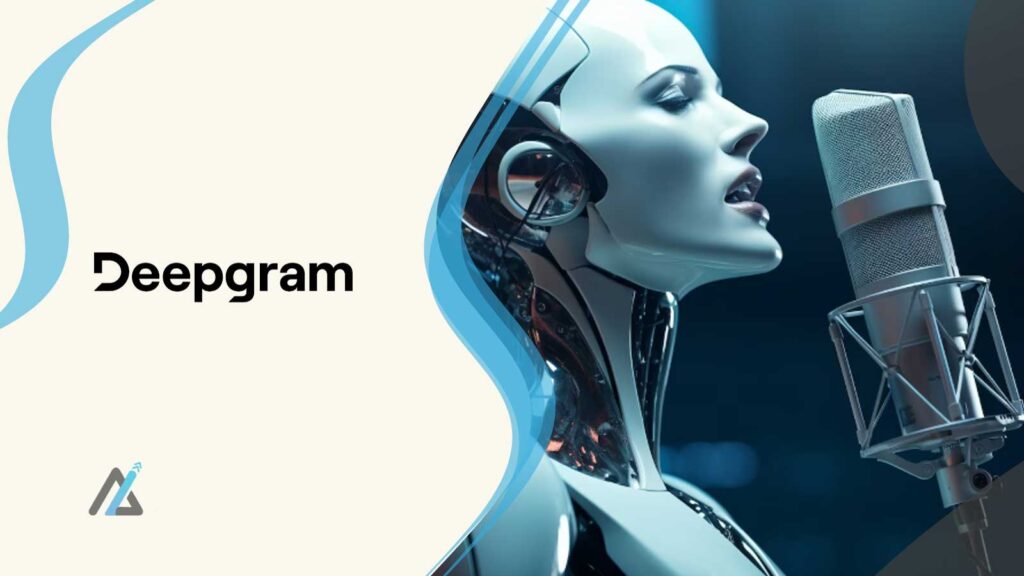Demonstrating High Performance in “Atari Challenge” with 90% Less Data, 96% Faster Training, 96% Smaller Model Size; Applicable to Real-World Challenges
VERSES AI Inc. (“VERSES” or the “Company”), a cognitive computing company specializing in next-generation intelligent systems, has shared preliminary results on its variant of the “Atari 100K Challenge” a leading AI industry benchmark, where software agents must learn gameplay proficiency, on their own, using a limited amount of training data.
The results, which can be found in a blog post on the Company’s website titled “Mastering Atari Games with Natural Intelligence,” showcase how agents powered by Genius, a toolkit for developing intelligent agents, were able to match or exceed the performance of state-of-the-art Deep Reinforcement Learning (DRL) and Transformer algorithms using 90% less data. DRL is the algorithm that underpins work such as Google Deepmind’s AlphaZero, AlphaGo, and AlphaFold, while Transformers are the foundation of Generative AI and LLMs like OpenAI’s GPT, and other popular models like Anthropic’s Claude, Google’s Gemini, Meta’s Llama, X.AI’s Grok and others.
AI Tech Insights: Scienaptic AI CUSO Secures Strategic Investment from Four New Partners
“The Atari Challenge represents more than just machines playing games. Video games are a proxy for the complex dynamic systems all around us,” said Gabriel René, founder and CEO of VERSES. “We need AI to help us to better navigate the complexity and uncertainty of the real-world; yet state-of-the-art AI algorithms remain too unreliable, inefficient and unexplainable. While there is more work to be done to productize this research into Genius, we believe these early results and the research behind them signal a historical shift towards developing smarter, safer and more scalable AI.”
The Atari 100k benchmark has been used to test an agent’s ability to excel in three critical areas: interactivity, generalization, and efficiency. VERSES’ variant, known as “Atari 10k,” tests for these same capabilities, using only 1/10th of the sample data. This increase in efficiency reduces the need to rely on large datasets and compute architectures, and indicates applicability to real-world problems where data can be sparse, incomplete, noisy, and where learning may need to occur in real time. Genius agents have demonstrated these capabilities across multiple Atari games by efficiently learning about the objects and physical mechanics of the game environments through interaction, on their own, without the need for human supervision. By learning the hidden cause-effect dynamics in the games, the agents were able to better predict outcomes and select optimal actions to outperform the state-of-the-art models even across multiple games with different objects, dynamics and goals. In contrast, DRL and Transformer architectures must rely on substantial training data and compute as well as bespoke tuning to ‘fit’ with the gameplay mechanics.
AI Tech Insights: GSI Technology Selected for U.S. Army SBIR Contract to Advance Edge AI Computing
“By aligning with how intelligence has evolved in nature and how energy efficient biological systems must act to preserve their existence, we believe that the architecture and methods that underwrite Genius offer a sustainable and scalable means to building ecosystems of authentic, autonomous and agentic intelligence,“ said Karl Friston, VERSES Chief Scientist.
“By Applying the Free Energy Principle, the Active Inference framework, and Bayesian Machine Learning, we are working on developing an efficient and generalized architecture that allows intelligent agents to learn and develop expertise across any domain,“ said Hari Thiruvengada, VERSES Chief Technology Officer. “The reasoning, planning, and online learning capabilities that allow a Genius Agent to engage in dynamic gameplay is extremely relevant to applications such as classification, recommendations, prediction, and decision-making across a variety of industries, including financial, medical, risk analysis, autonomous driving, robotics and more.”
AI Tech Insights: Primech AI Enhances HYTRON with NVIDIA Technology to Boost Robotics Performance
Source – GlobeNewswire
To share your insights, please write to us at news@intentamplify.com


